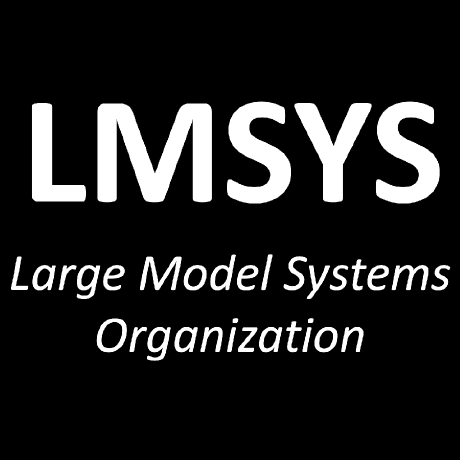Discover and explore top open-source AI tools and projects—updated daily.
llm-decontaminator by  lm-sys
lm-sys
LLM contamination detector for quantifying rephrased samples
Top 85.8% on SourcePulse
This repository provides tools to detect and mitigate data contamination in large language model (LLM) training datasets by identifying rephrased samples that overlap with benchmark datasets. It is designed for researchers and practitioners working with LLMs who need to ensure the integrity and reliability of their training data and evaluation results.
How It Works
The core of the decontaminator leverages a similarity detection mechanism, likely based on embeddings or a language model itself, to compare samples from a training dataset against a benchmark dataset. It quantifies the degree of rephrasing and contamination, allowing users to estimate the percentage of overlapping data and subsequently filter out these potentially problematic samples from the training set.
Quick Start & Requirements
- Install: Clone the repository, create a conda environment (
conda create -n llm-detect python=3.9), activate it (conda activate llm-detect), and install dependencies (pip install -r requirement.txt). - Prerequisites: Python 3.9,
datasetslibrary, OpenAI API key (for end-to-end execution). - Data Format: Training and test sets should be in JSONL format, with each line containing
{"text": data}. - Example: The README provides a script to load and preprocess data from the Hugging Face
datasetslibrary. - End-to-End Execution:
python3 main.py --train_path <train_data.jsonl> --test_path <test_data.jsonl> --output_path <output_db.jsonl> --data-type code --top_k 1(requiresOPENAI_API_KEYenvironment variable). - Resources: Processing 500k samples from StarCoder-Data is demonstrated.
Highlighted Details
- Quantifies rephrased samples relative to benchmarks like HumanEval, MATH Test, and MMLU.
- Provides contamination percentages for various real-world datasets.
- Includes scripts to reproduce F1 scores reported in the associated paper (Table 5 & 6).
- Offers code for dataset preprocessing and end-to-end contamination detection.
Maintenance & Community
The project is associated with the paper "Rethinking Benchmark and Contamination for Language Models with Rephrased Samples" by Shuo Yang et al. Further community engagement details are not explicitly provided in the README.
Licensing & Compatibility
The repository does not explicitly state a license in the README. Users should verify licensing for commercial use or integration into closed-source projects.
Limitations & Caveats
The end-to-end execution relies on an OpenAI API key, which may incur costs and introduce external dependencies. The effectiveness of contamination detection is dependent on the chosen similarity metric and parameters (top_k).
2 years ago
Inactive

 taylorai
taylorai GAIR-NLP
GAIR-NLP google-research
google-research carbonz0
carbonz0 FlagOpen
FlagOpen prometheus-eval
prometheus-eval pascal1129
pascal1129 OpenCoder-llm
OpenCoder-llm bespokelabsai
bespokelabsai Docta-ai
Docta-ai openai
openai evidentlyai
evidentlyai